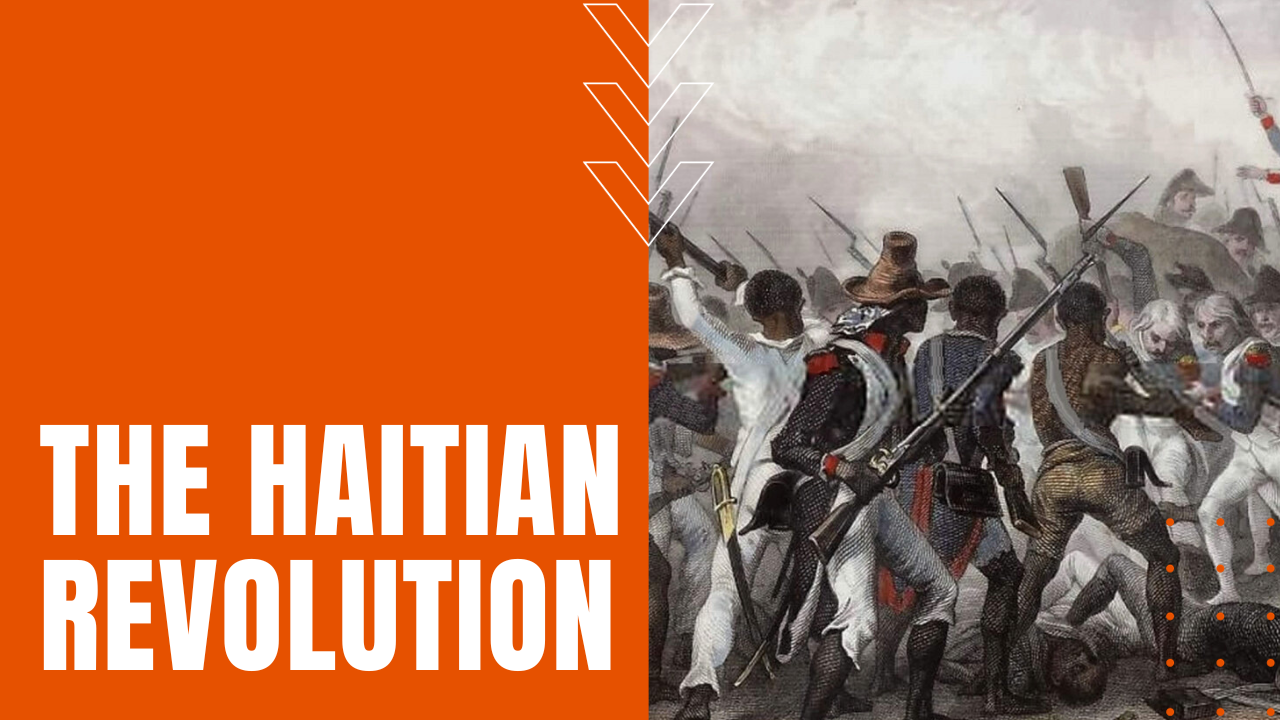The Haitian Revolution

Fueled by European demands for sugar, indigo, coffee and cocoa, during the 18th century, France imported some 20,000 African slaves to their growing plantations in Haiti, many of whom died from malaria, yellow fever and unimaginable working conditions, where slave owners worked their charges as hard as humanly possible, with minimal provisions for adequate food or proper shelter.
La guerre de l’indépendance
As tensions and violence between white colonists and African slaves boiled over on August 22, 1791, slaves engaged in the decade-long Haitian Revolution, or as the French called it, La guerre de l’indépendance. Lasting from 1791 to 1804 and led by figures such as Dutty Boukman and Toussaint Louverture, when a group of slaves rose up in rebellion against their French oppressors, the uprising quickly gained momentum as thousands of slaves joined the push for liberation, fighting with determination and resilience against the powerful French military, as well as British and Spanish interlopers, who sought to capitalize on chaos within the collapsing French possession.
Granted Independence
Facing numerous challenges, internal divisions and shifting alliances, in 1804, under the leadership of Louverture’s former lieutenant Jean-Jacques Dessalines, Haiti was granted independence from France, becoming the first black-led republic in the world, as well as the largest slave revolt since Spartacus’ unsuccessful uprising against the Roman Republic some 1,900 years before.
Forewarning to Other Slaveholders
Challenging long-held European beliefs regarding the inferiority of Africans and their matching sentiments about a slave’s inability to achieve and maintain their own freedom, the warring slaves of Haiti displayed highly-developed organizational capacities, and a resilience that sent shock waves through frightened slave owners in North America, inspiring enslaved people in other colonies to fight for their liberation and independence; a lesson the French would soon embrace following the American Revolution, making the Haitian Revolution, a testament to the spirit of the oppressed and their ongoing struggle for freedom.
